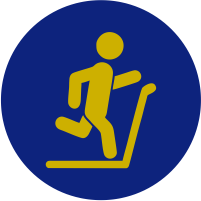Concussion Injuries
What Is Concussion Injuries?
Despite many attempts by experts, there is no clear definition of concussion. It is uncertain whether any damage to the brain occurs from a concussion. Imaging tests, such as computed tomography (CT) scans and magnetic resonance imaging (MRI) scans, typically do not detect any brain damage — such as bruising or bleeding — in concussion patients.
A concussion does, however, temporarily impair how the brain functions and processes information. For example, after a concussion, a patient may have difficulty with balance and coordination, memory, and speech.
A concussion is typically short-lived. Most people recover within 7 to 10 days. Unfortunately, once an athlete has sustained a concussion, he or she is at greater risk for additional concussions. Repeat concussions can have long-term consequences, so prevention is essential.
What Causes Concussion Injuries?
Derived from the Latin word concusses, concussion means to shake violently. A concussion happens when a force causes the brain to rapidly move back and forth inside the skull. This may be caused by either a direct blow or by a blow to the body that forces the head to quickly rotate.
Although some sports have higher instances of concussion — such as football, ice hockey, and soccer — concussions can happen in any sport or recreational activity.
What Are The Symptoms of Concussion Injuries?
Because of the potential long-term consequences of sports concussion, it is important that athletes, coaches, and parents know as much as possible about how to recognize them.
Symptoms are not always obvious. Although it is commonly assumed that concussions cause loss of consciousness, many people with concussions have not been “knocked out.”
Concussion causes a variety of symptoms. These may appear right away, or may be delayed for several days after the injury. Some symptoms are physical, such as drowsiness. Others are cognitive, like memory loss. In many cases, people with concussions are more emotional than usual.
The most common symptoms of concussion include:
-
- Drowsiness
- Headache
- Loss of consciousness
- Memory loss
- Irritability
- Confusion
- Balance problems, dizziness
- Difficulty speaking and communicating
- Depression
- Nausea and vomiting
- Changes in sleep patterns
Diagnosis
During the evaluation, your doctor will ask questions about the injury and how it occurred. He or she may ask how severe the force was and whether you lost consciousness or had memory loss after the blow. It is especially important that you tell your doctor about any previous concussions you have had.
Your doctor will most likely perform a neurological examination, which tests for balance, coordination, vision, hearing, and reflexes.
What Are The Treatment Options For Concussion Injuries?
Neurological examination
Imaging Tests
Magnetic resonance imaging (MRI) and computed tomography (CT) scans provide doctors with detailed images of the skull and brain. As stated above, results from MRI scans and CT scans are most often normal in concussion patients, so these tests are not usually helpful in diagnosing the injury.
If the neurological examination indicates problems, such as trouble with your vision, your doctor will order imaging scans. Also, if your symptoms worsen over time, CT and MRI scans are important for guiding treatment.
Neuropsychological Assessment
Neuropsychological testing helps to measure the effects of concussion on mental capabilities. This kind of assessment can be done using computerized tests, or during a session with a neuropsychologist.
The testing provides valuable information on a range of mental functions, such as short-term and long-term memory, attention and concentration, problem-solving, and speech.
Balance Assessment
Many athletes are unsteady on their feet for several days following a concussion. Balance testing is a way for doctors to assess how well the part of the brain that controls movement is functioning.
There are several balance tests your doctor might use, as well as more sophisticated force plate technology. Force plates are instruments that measure the forces of stepping, running, jumping and other actions. They are typically rectangle-shaped and may be used in a stand-alone device, or inserted in machines that resemble exercise equipment, like treadmills or stair steppers.
Treatment
The key to healing from a concussion is complete rest. This includes not just physical rest, but mental rest, as well. Reading, computer work, video games — even television — should be limited until all symptoms have resolved. This typically takes 7 to 10 days, although some people have symptoms for weeks or months after the injury.
Once you are free of symptoms, you can gradually return to physical and mental activity. It is important to slowly return to daily activities because being symptom-free does not mean the brain injury has fully healed. Your doctor may recommend a step-by-step program: first add an activity, then monitor your symptoms. If your symptoms do not return, you can continue increasing the challenges.
This slow, steady approach typically reduces the time spent away from school, work, and athletics because it provides enough time for the injury to heal. Diving back into activities as soon as your symptoms have resolved can bring them back on and require a return to complete rest.
Our team is here for you
We offer the best, least invasive and least aggressive options to relieve your pain and symptoms so you can get back to the life you love. Atlantic Orthopaedic Specialists Sports Medicine Care Center has convenient locations in Virginia Beach, Norfolk and Chesapeake.



